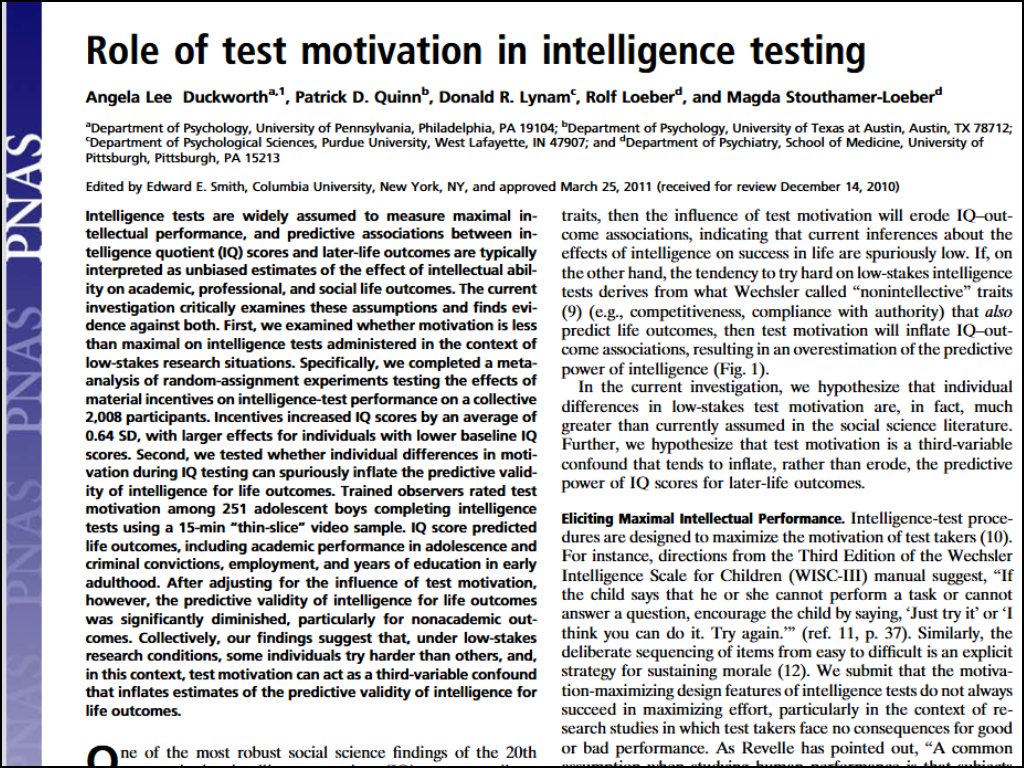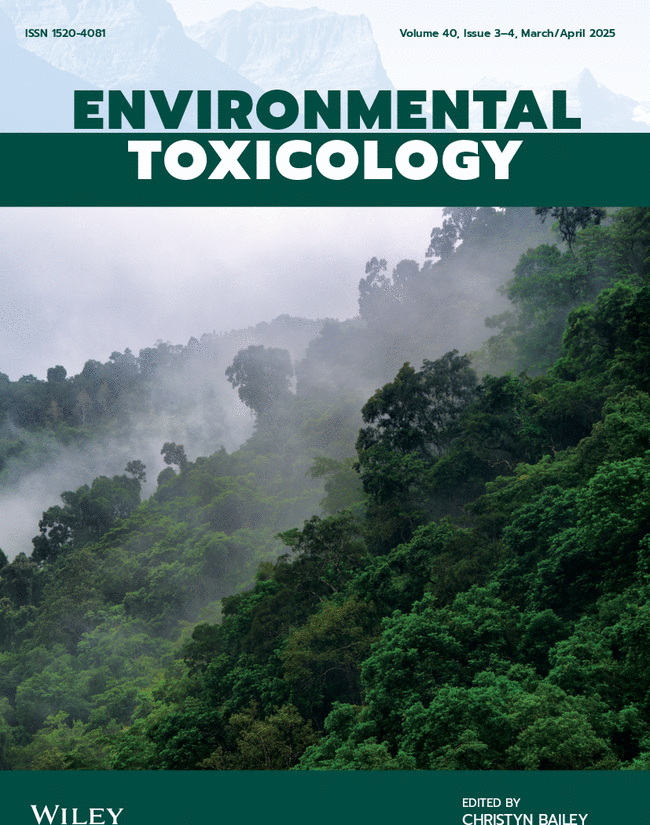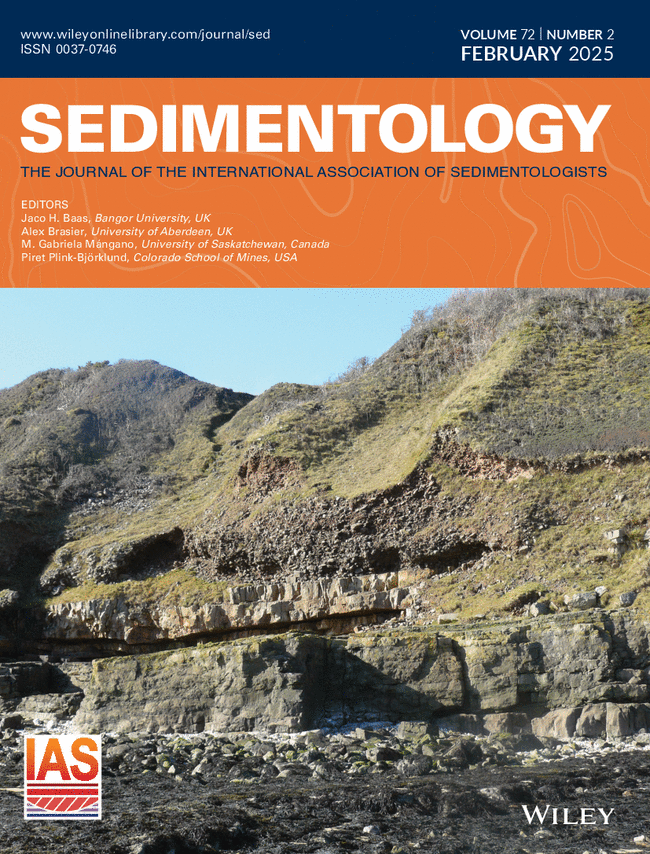The authors of a paper on how incentives influence IQ have requested an expression of concern after a recent retraction altered the results of their study.
On January 20, we reported that a paper by embattled researcher and child psychologist Stephen Breuning was retracted decades after an investigation found evidence of scientific misconduct. Breuning’s papers came into question following a 1987 report from the National Institute of Mental Health (NIMH), which found he “knowingly, willfully, and repeatedly” engaged in research misconduct and fabricated results in 10 NIMH funded articles.
Since then, six of Breuning’s papers have been retracted. The latest retracted article, originally published in 1978, was not part of the investigation but came about “due to concerns about the integrity of the data reported and other issues identified within the NIMH Final Report that clearly established a pattern of ongoing scientific misconduct,” the retraction notice read.
Continue reading IQ paper gets expression of concern as misconduct fallout continues







